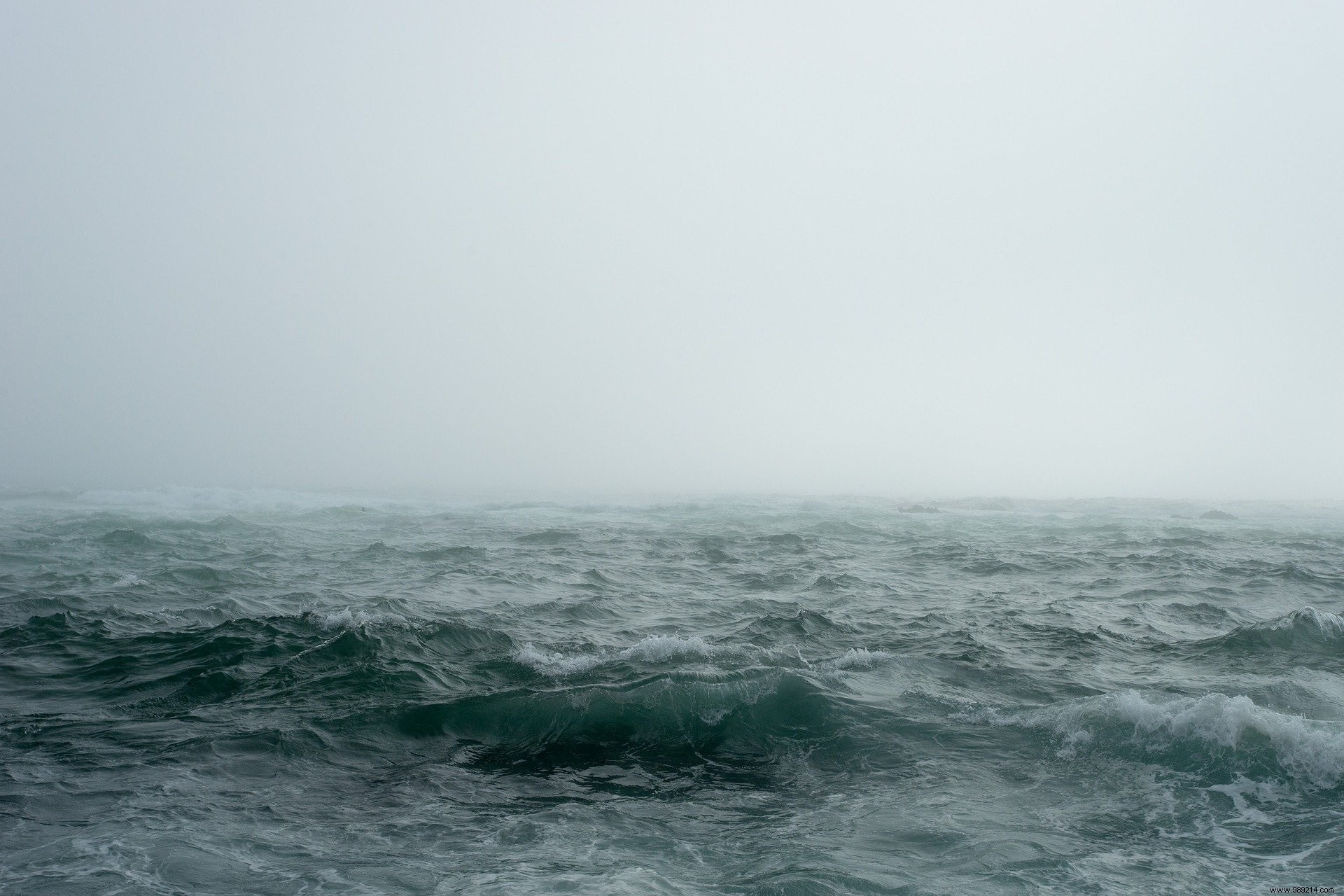While water is essential to our survival, more than 96% of liquid planes on the planet are undrinkable to humans because they contain too much salt. But why can't we drink all that salt water, precisely? The short answer is quite simple:our kidneys are unable to cope with it.
We may not realize it, but there is lots and lots of dissolved salt in the oceans. According to NOAA? This material represents approximately 3.5% the weight of seawater. To better understand, imagine the following table:if all the salt in the oceans were removed and spread over all the land surfaces of the Earth, the salty layer would reach more than 166 m tall , enough to put off human physiology.
Some animals in ocean ecosystems, such as albatrosses, gulls, penguins and other marine mammals, have developed adaptations that allow them to drink salt water safely. On the other hand, humans and almost all other land animals have evolved to drink fresh water .
When animals emerged from ancient seas hundreds of millions of years ago and began to adapt to life on land, species moved away from coastal habitats to live in more inland areas . Many terrestrial species, including our primate ancestors, came to live in areas with lots of fresh water, especially in lakes and rivers, but very little, if any, salt water.
So natural selection focused on treating unsalted water. This is why it is so dangerous to drink water that is too loaded with salt, like that of the oceans. Our body is simply not adapted. Now our cells need water in a "relatively pure" form.

It is of course possible to ingest a little salt. When the body has drawn in all it needs, the rest is eliminated in the form of urine which the kidneys produce by dissolving the impurities in the excess water. However, our kidneys can only produce urine less salty than our blood . However, salt water contains more than three times the amount of salt normally present in human blood. So it's unmanageable. The salt then builds up and absorbs more water, leading to dehydration. Salt water can never quench your thirst; it can only make you thirstier.